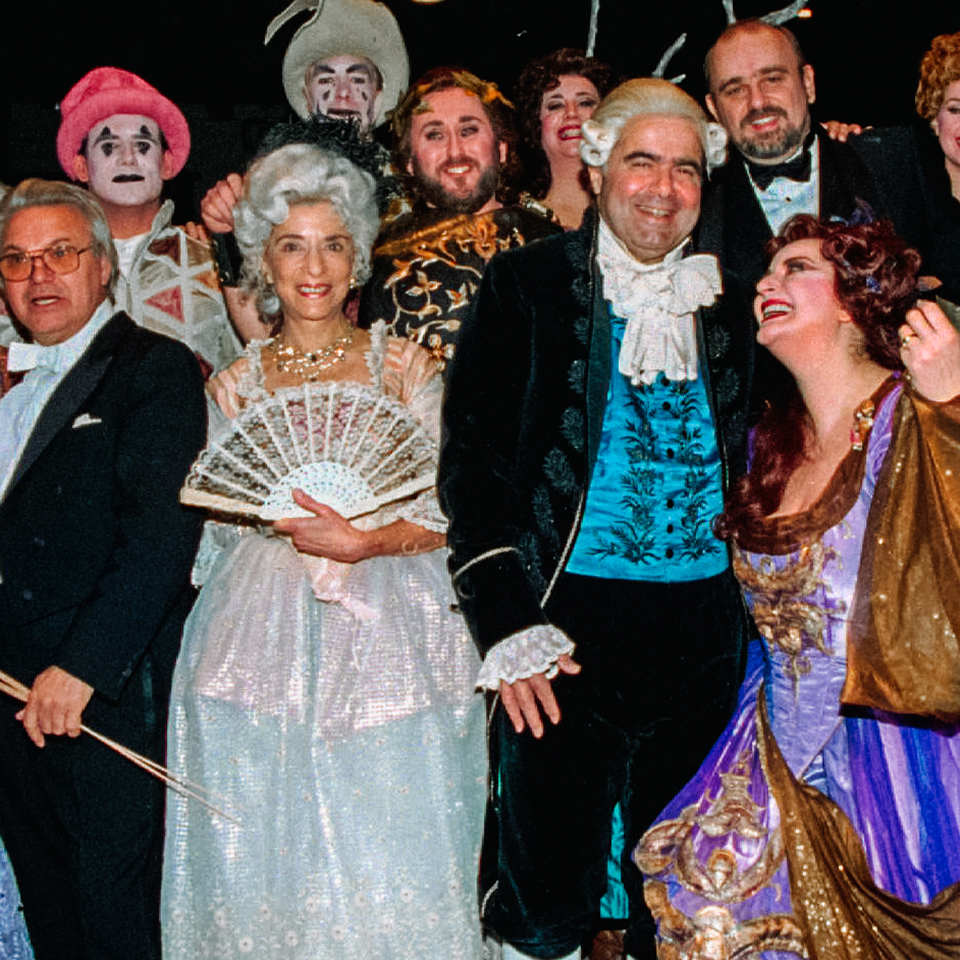There are no odd couples anymore. In an age of heightened partisanship and unsparing vitriol, it is conventional wisdom that if you are a conservative, you cannot pal around with a liberal. And if you are a liberal, you can have nothing in common with a conservative.
Not so Ruth Bader Ginsburg and Antonin Scalia.
From the standpoint of their politics and jurisprudence, you might have thought these two Supreme Court giants were from different planets. Ginsburg would be described as a liberal’s liberal with staunch opinions (literally) on everything from civil liberties to abortion. Scalia was recognized as a towering conservative who championed the separation of powers and a keen deference to the text of the law. Ginsburg believed in the living Constitution while Scalia defended originalism. Though both were native New Yorkers, their judicial philosophies could have spawned a rivalry akin to the fiery mid-century rows between New York Yankee and Brooklyn Dodger fans.
And yet they really liked each other.
In serving together on the DC Circuit Court of Appeals in Washington, DC, their mutual professional respect grew and their friendship blossomed. In roasting Ginsburg on her tenth anniversary on the Ninth Circuit (after Scalia had moved on to the Supreme Court), Scalia warmly recalled,
[Ruth’s] the only one from whom I recall regularly receiving comments for improvements rather than corrections. Not “this is wrong, Nino” but “the point would be even stronger if.” And maybe I’m the only judge that appreciated receiving them. Ruth and I had developed something of a mutual improvement society—and I miss it.
In 1993, Ginsburg would be elevated to the Supreme Court to sit and debate vigorously with her old friend Nino (Scalia had joined the Court seven years earlier). And, oh, would they debate. In non-unanimous decisions, according to SCOTUS blog, Ginsburg and Scalia found themselves on opposite sides of the decision fifty-two percent of the time (the only one Ginsburg disagreed with more was Clarence Thomas). “I love him,” Ginsburg admitted. “But sometimes I’d like to strangle him.”
Nonetheless, they deeply respected each other. Upon hearing that Ginsburg was receiving the prestigious Burton Award for excellence in law (an award Scalia had won the year before), Scalia beamed, “That’s wonderful. She’s such a good writer.” On Scalia’s work, Ginsburg would note, “I think everybody respects Nino’s wonderful writing ability and his style.”
But they also had a lot of fun.
In an interview about their friendship, Ginsburg recalled, “I have always enjoyed Nino. No matter how overworked and tired I feel, he can always say things that make me laugh. He can also say things I find provocative, even irritating.” According to Scalia’s son, Christopher, “Justice Ginsburg . . . said that when . . . they used to be on a court together before the Supreme Court, and they sat next to each other, my dad used to whisper jokes to her. She would have to pinch herself so that she didn’t audibly laugh and kind of disrupt the courtroom.”
As their friendship grew, they and their spouses annually spent New Year’s Eve together. They traveled together far and wide. Just look up the picture of Scalia and Ginsburg riding an elephant on their 1994 trip to India. When asked by a feminist friend why she sat behind Scalia, Ginsburg puckishly quipped, “It had to do with the distribution of weight.” They loved and attended opera together, once dressing as extras donning powdered wigs in a Richard Strauss production at the Washington National Opera. Their friendship and love for opera even found a quirky melding in an original opera aptly named Scalia/Ginsburg.
But should they have gotten along so well? Weren’t they compromising their principles by fraternizing with the enemy? Not according to them. Scalia, when asked about such a friendship, answered, “If you can’t disagree ardently with your colleagues about some issues of law and yet personally still be friends, get another job, for Pete’s sake.” He would also say with a twinkle in his eye and a mischievous grin, “She likes opera, and she’s a very nice person. What’s not to like? Except her views on the law.” Meanwhile, Ginsburg, amidst her spirited disagreements with her friend, noted, “I was fascinated by him because he was so intelligent and so amusing. You could still resist his position, but you just had to like him.”
In an age and season of harshness, of gleeful degradation and unforgiving cancelation, we can learn a little from Justice Scalia and Justice Ginsburg, the odd couple.
When G.K. Chesterton reflected fondly on the spirited relationship he had with his brother Cecil, he remarked,
My brother, Cecil Edward Chesterton, was born when I was about five years old; and, after a brief pause, began to argue. He continued to argue to the end. . . . I am glad to think that through all those years we never stopped arguing; and we never once quarreled.
To be sure, Scalia and Ginsburg argued. Fiercely. Passionately. But they never let a quarrel—unforgiving anger, personalized and spiteful—get in the way of an argument.
Years ago, at a celebration of Ginsburg’s accomplishments, Scalia turned to her and warmly said, “[Ruth] was the best of colleagues as she was the best of friends. I wish her a hundred years.” And upon hearing of Scalia’s death on a cold February day in 2016, Ginsburg quietly said that “we disagreed now and then,” but “we were best buddies.”
May we love our enemies who may turn out to be our best friends.
Justice Ruth Bader Ginsburg, requiescat in pace.
(AP Photo/Stephen R. Brown/File)
